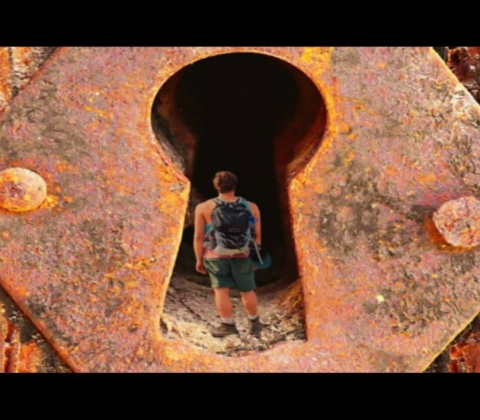

Introduction: Rehabilitation centers play a pivotal role in helping individuals overcome addiction to drugs and alcohol. While addiction may seem insurmountable, rehab provides a structured environment and tailored programs aimed at recovery. Here, we delve into why rehab is crucial for those battling addiction.
Professional Guidance and Support: Rehab facilities offer access to trained professionals, including counselors, therapists, and medical staff, who specialize in addiction treatment. They provide personalized care and support, helping individuals navigate the complexities of addiction and its underlying causes.
Safe and Structured Environment: Rehab centers provide a safe and controlled environment essential for recovery. Away from triggers and temptations, individuals can focus solely on their journey to sobriety. The structured routine of daily activities and therapy sessions aids in establishing new, healthier habits.
Comprehensive Treatment Programs: Rehab programs are designed to address the physical, emotional, and psychological aspects of addiction. From detoxification and medical intervention to individual and group therapy sessions, rehab offers a holistic approach to recovery, addressing the root causes of addiction and teaching coping mechanisms.
Peer Support and Community: Being surrounded by individuals facing similar struggles fosters a sense of camaraderie and understanding. Peer support groups within rehab provide a platform for sharing experiences, offering empathy, and learning from others' journeys. This sense of community can be instrumental in long-term recovery.Relapse Prevention Strategies: Rehab equips individuals with the tools and strategies needed to prevent relapse once they leave the facility. Through cognitive-behavioral therapy, coping skills training, and ongoing support networks, individuals learn how to manage cravings, avoid triggers, and navigate life's challenges without turning to substances.
Education and Life Skills Development: Rehab programs often include educational components aimed at enhancing life skills and building resilience. From stress management techniques to vocational training and goal-setting exercises, individuals gain the necessary tools to rebuild their lives post-rehab and pursue a fulfilling, substance-free future.
Long-Term Support and Aftercare: The journey to recovery doesn't end upon leaving rehab; it's an ongoing process that requires continued support. Many rehab facilities offer aftercare programs and resources to help individuals transition back into their communities seamlessly. This may include ongoing therapy, support group meetings, and access to community resources.
Conclusion: Rehabilitation is not just about quitting drugs or alcohol; it's about reclaiming one's life and forging a path towards a brighter, healthier future. By providing professional guidance, a supportive environment, comprehensive treatment programs, and ongoing support, rehab plays a crucial role in helping individuals break free from the grips of addiction and embark on a journey of recovery and renewal.